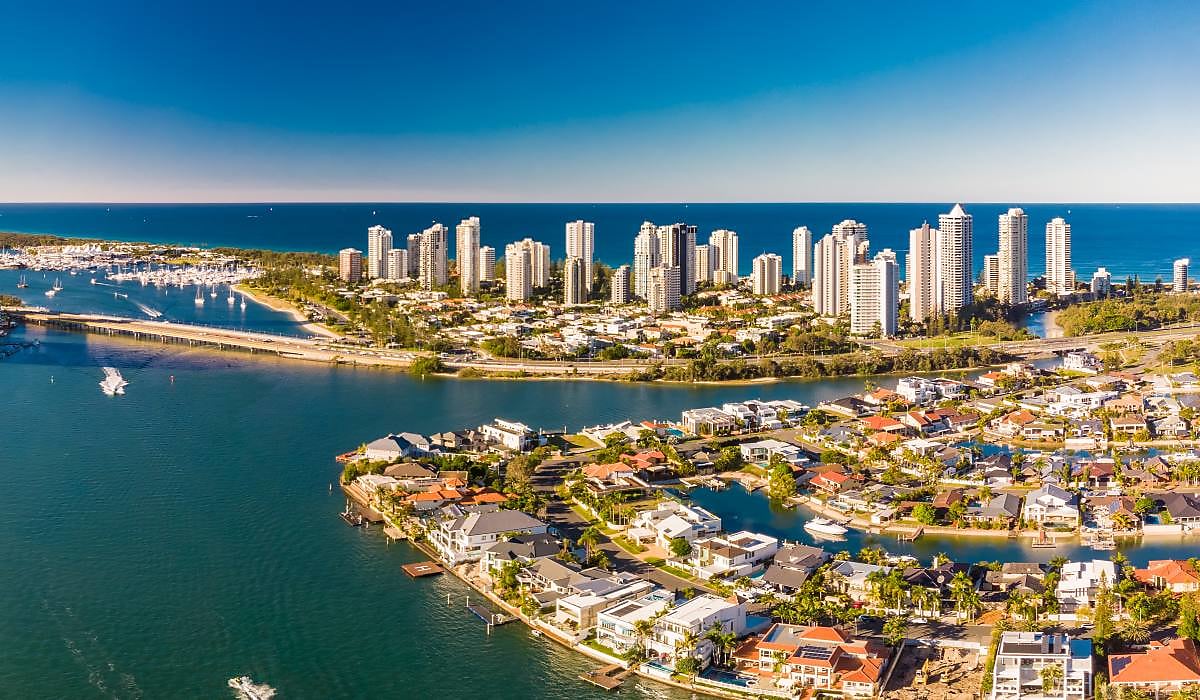Does Qld’s stamp duty reform go far enough?
The threshold for the state’s first home owner concession on transfer duty has been raised, alongside land tax and transfer duty surcharges for foreign investors as Queensland looks to combat affordability challenges.

The Miles government has revealed it is raising the threshold for first home owner concessions on transfer duty to $700,000.
Prior to this announcement, the threshold for first home owner concessions on stamp duty sat at $500,000. However, from 9 June this threshold will expand up to $700,000, with concessions still at play, albeit phasing out, at homes valued up to $800,000.
Improved first home buyer incentives will also be available for purchasers of vacant land, with the previous threshold of $250,000 increasing to $350,000 and discounts applicable on stamp duty up to values of $500,000.
Weighing in on the changes, the Real Estate Institute of Queensland’s (REIQ) CEO Antonia Mercorella congratulated the state government on the move to improve affordability for first-time buyers, detailing that increased stamp duty concession thresholds for first home owners have been a “long-held” policy position of the REIQ.
“With Queensland having the lowest rates of home ownership of any state and declining first home buyer activity, a stamp duty overhaul is critically important,” Mercorella stated.
“The current $500,000 threshold is extremely outdated and has rendered the stamp duty concession virtually redundant for first-time buyers given material shifts in property prices.”
But even with Mercorella describing the changes as a “marked improvement” that will see first home owner concessions more closely reflect market conditions, the CEO nonetheless decried the reform as “short of where it should be set”.
Mercorella recommended that the threshold be set higher in certain parts of the market, such as Greater Brisbane, as to better reflect median prices in the area.
The CEO further advocated that the threshold’s eligibility should be expanded beyond first-home buyers, to those who have been out of home ownership for a period of at least five years due to changes in personal circumstances.
She also advised that those receiving the concession should be able to sublet a room in their property, provided they maintain the dwelling as their primary residence.
While the reception to the first home owner concession reform remains tepid, if not hopeful, the Queensland government’s choice to increase taxes for foreign investors and buyers was not so welcome.
Alongside stamp duty changes, the state government said it would lift the foreign investor land tax surcharge to 3 per cent, while the transfer duty surcharge for foreign buyers would be hiked to 8 per cent.
It’s a move that’s been declared “irresponsible” by Property Council Queensland executive director Jess Caire, who warned the decision will place “an unmitigated strain on apartment projects across the state”.
“Queensland, unlike New South Wales, taxes companies that have a portion of foreign ownership – the very companies that build the new homes and apartments that the first home owners who received this concession today will buy,” Caire stated.
“It’s giving with one hand and taking away with the other – this will see first home buyers and renters facing a more competitive and more expensive market,” she warned.
Caire cited the Queensland government’s recent $3.5 billion windfall in transfer duty alone over the last three years in relaying her belief that the “ceiling could be raised without imposing any further taxes”.
T
The Queensland executive director also rebuked the state government’s viewpoint that raising the transfer duty surcharge for foreign buyers up to the 8 per cent observed in NSW and Victoria would align Queensland with the two major states.
“It’s a long bow to say we are now in line with New South Wales – they don’t tax companies, just individuals,” said Caire.
“This shows a lack of understanding about the development pipeline as more often than not it’s companies with a portion of foreign ownership or overseas institutional investment that are delivering the homes our state desperately needs.”
Caire was emphatic that the foreign purchaser changes would not just negatively impact first home buyers and renters, but also deal a blow to investor confidence, stating: “This increase will just see it become harder to deliver homes and costs to buyers and renters increased.”
Warning “we can’t tax our way out of a crisis”, she commented: “This budget should be the platform that instils confidence to industry rather than increasing costs.”
The sentiment towards increased stamp duty for overseas investors was echoed by Mercorella, who said: “It seems counterintuitive that concessions are on offer for large overseas multinationals to take profits out of Queensland in the form of build to rent, but those looking to invest in other products that provide supply are being punished.”
“We believe it should be a level playing field for all,” the CEO concluded.
